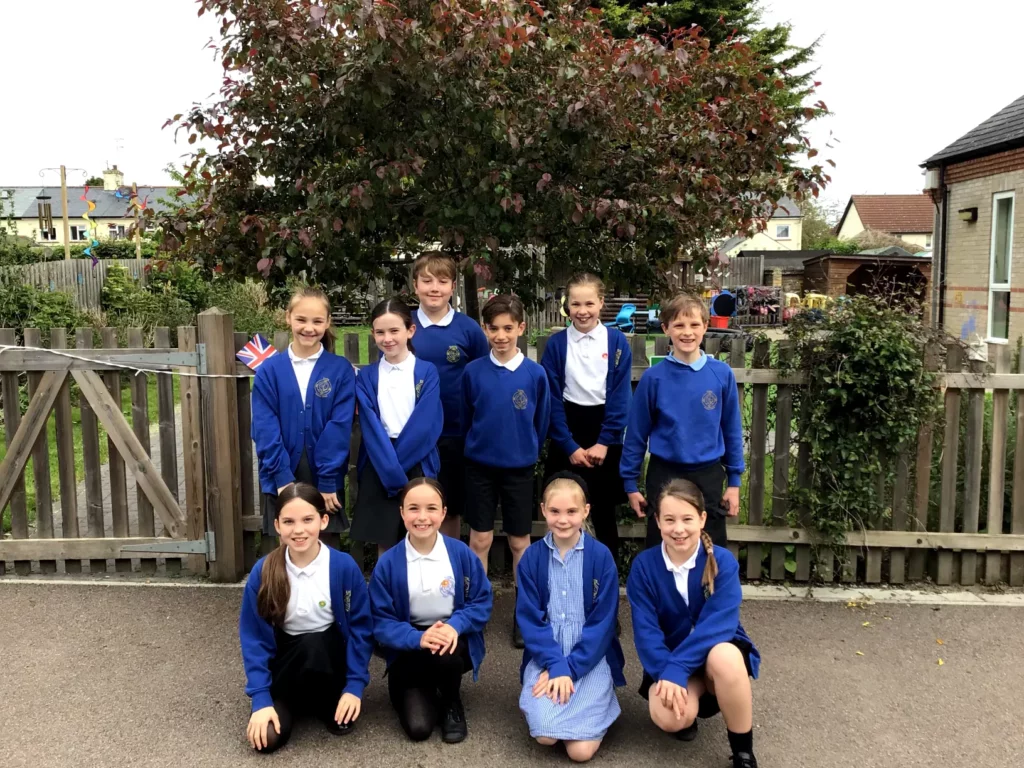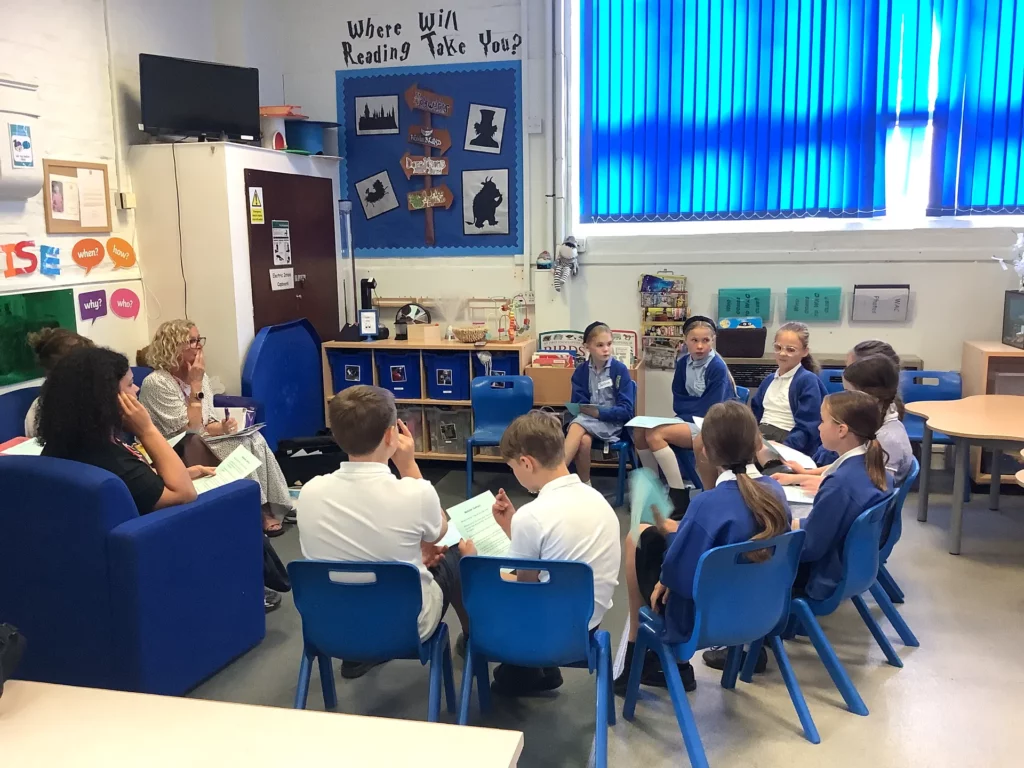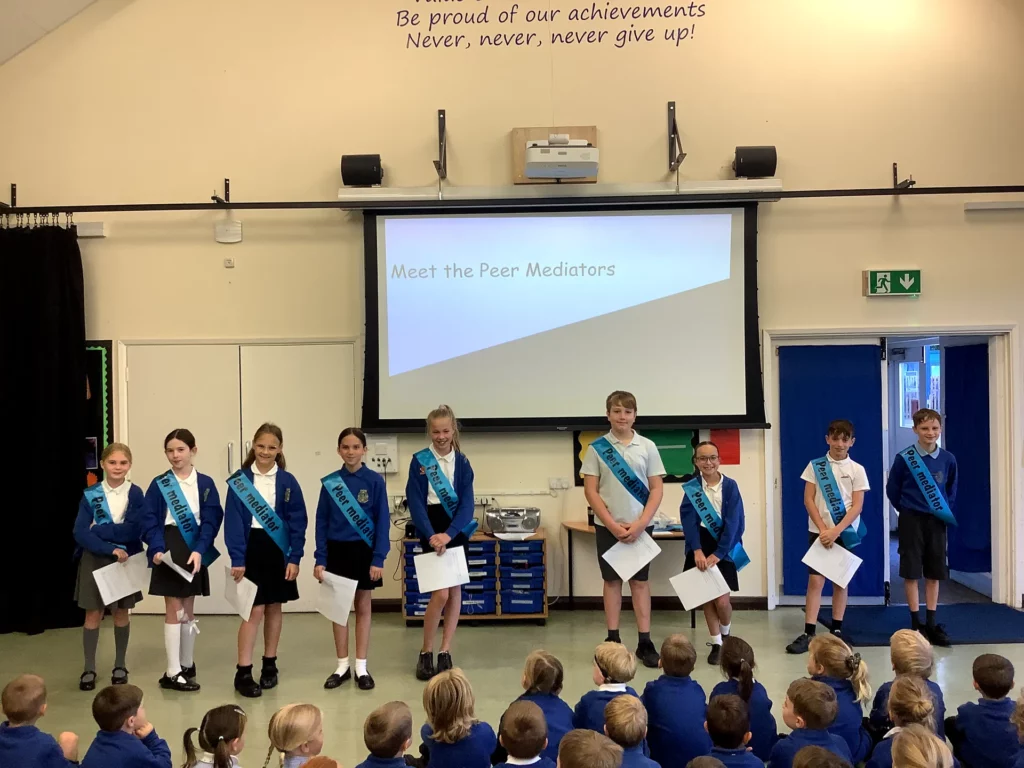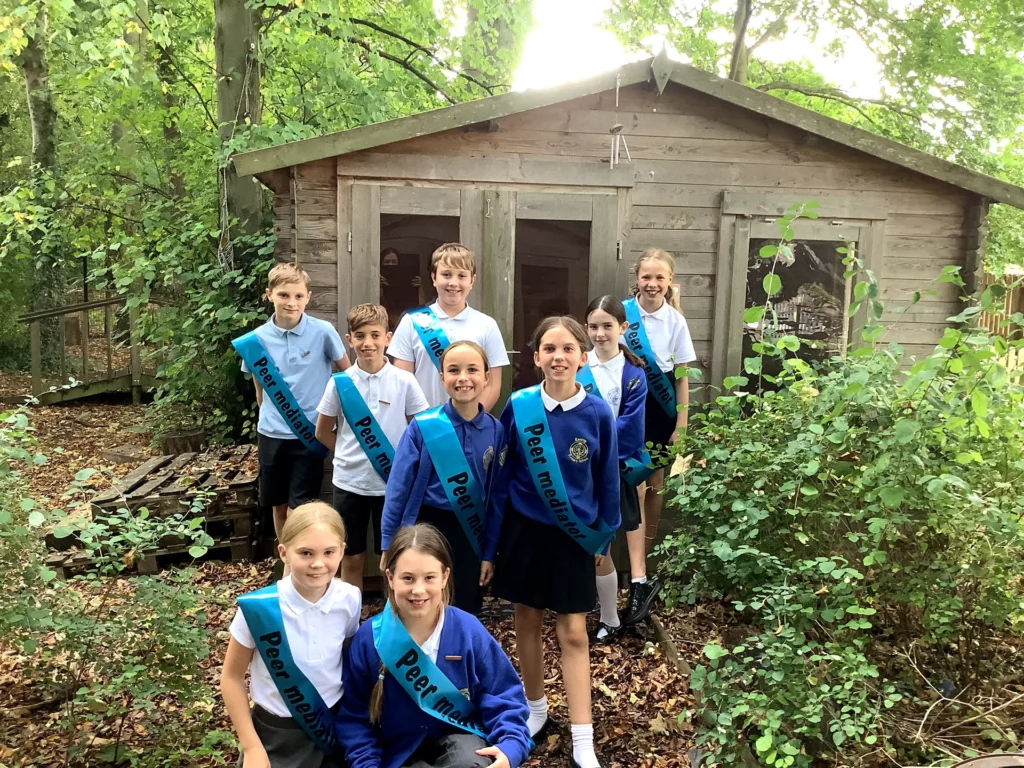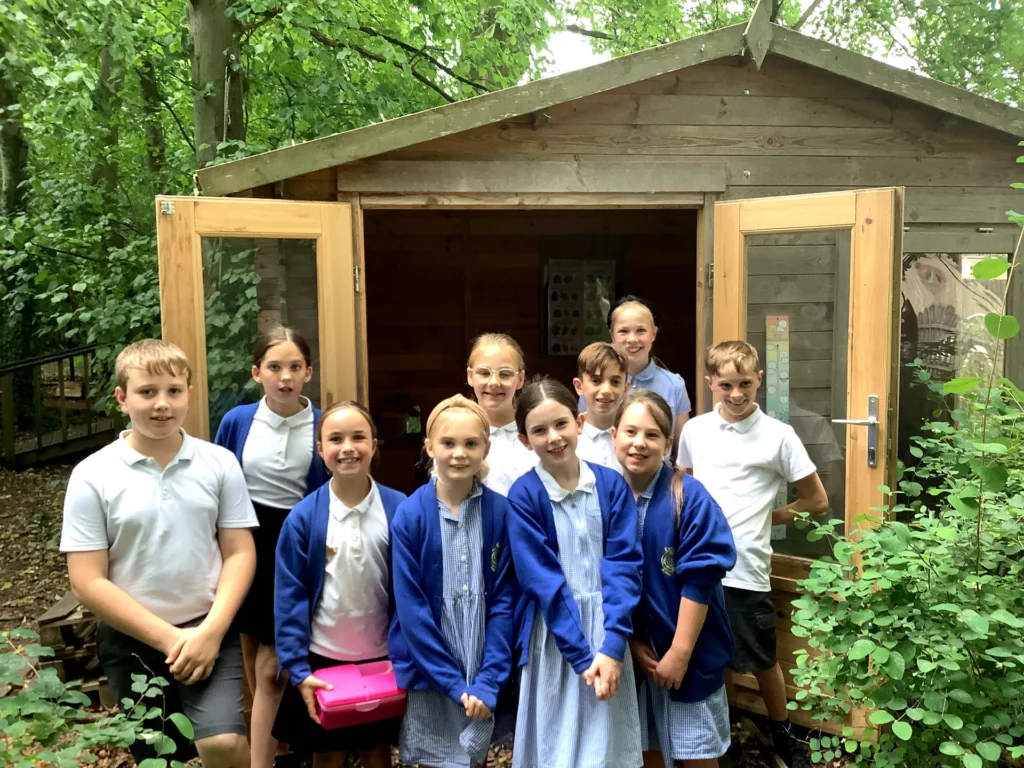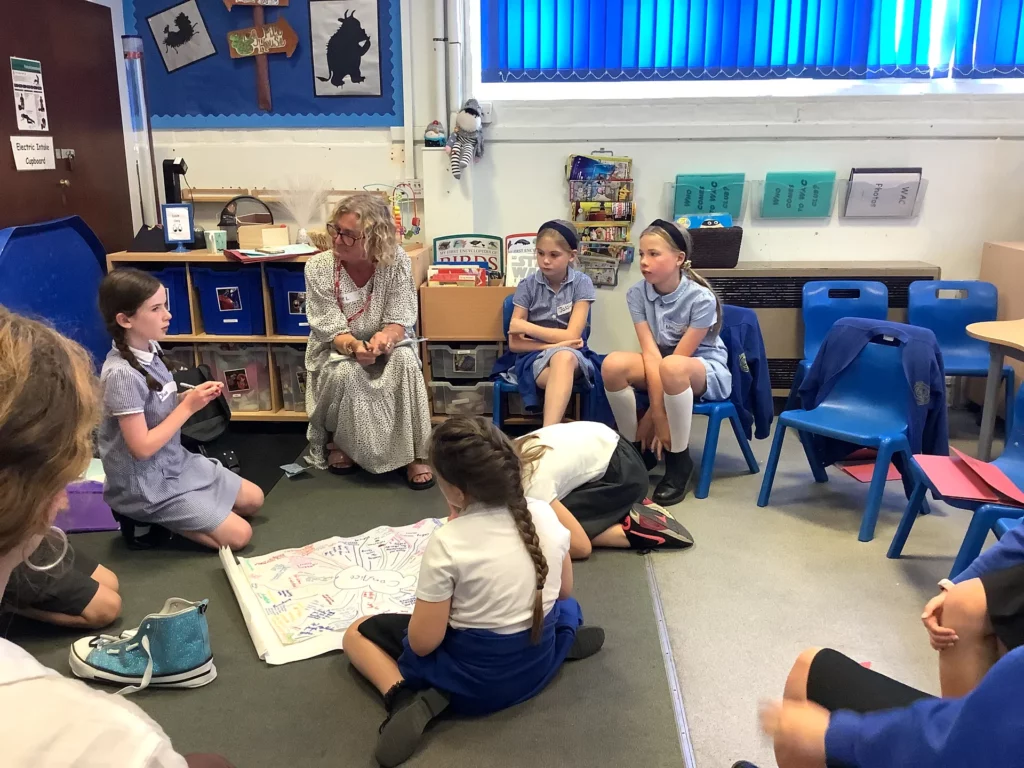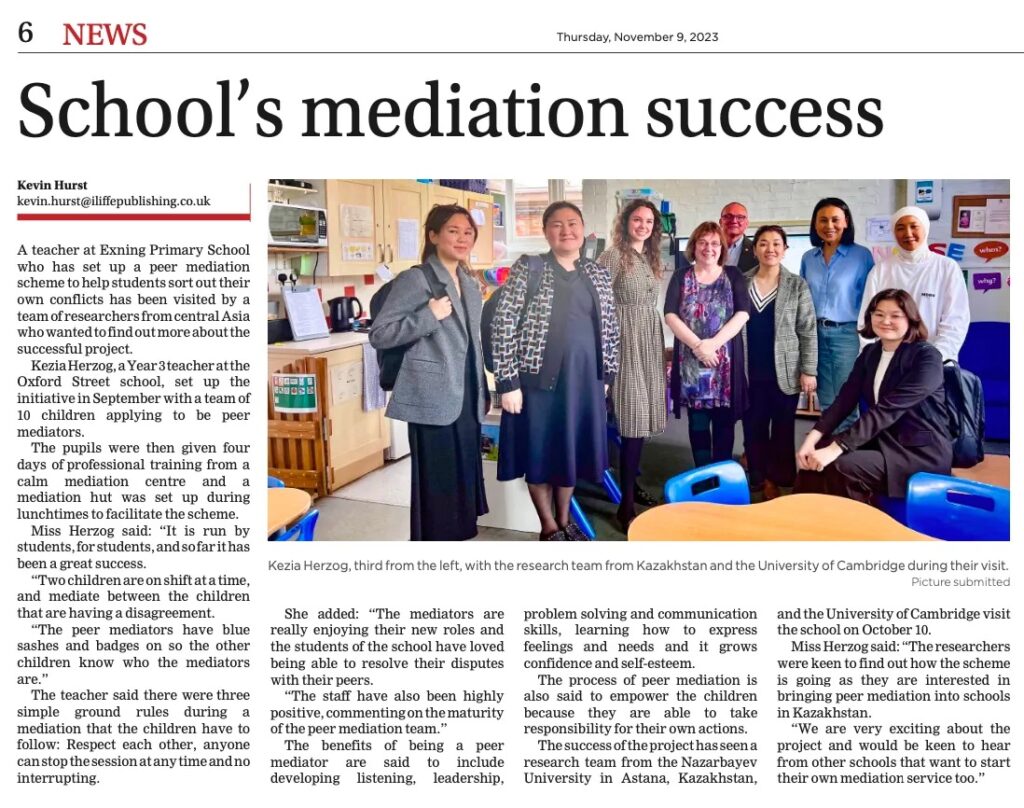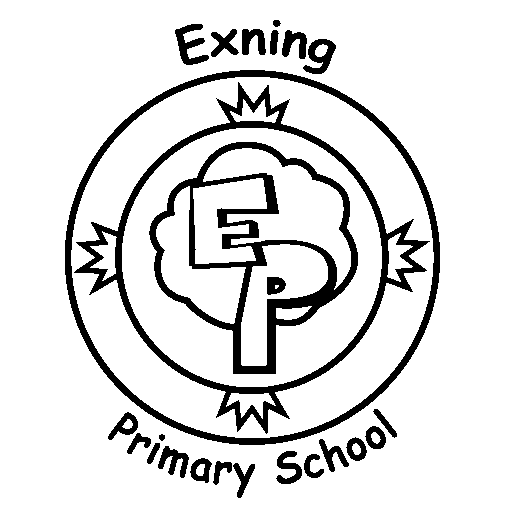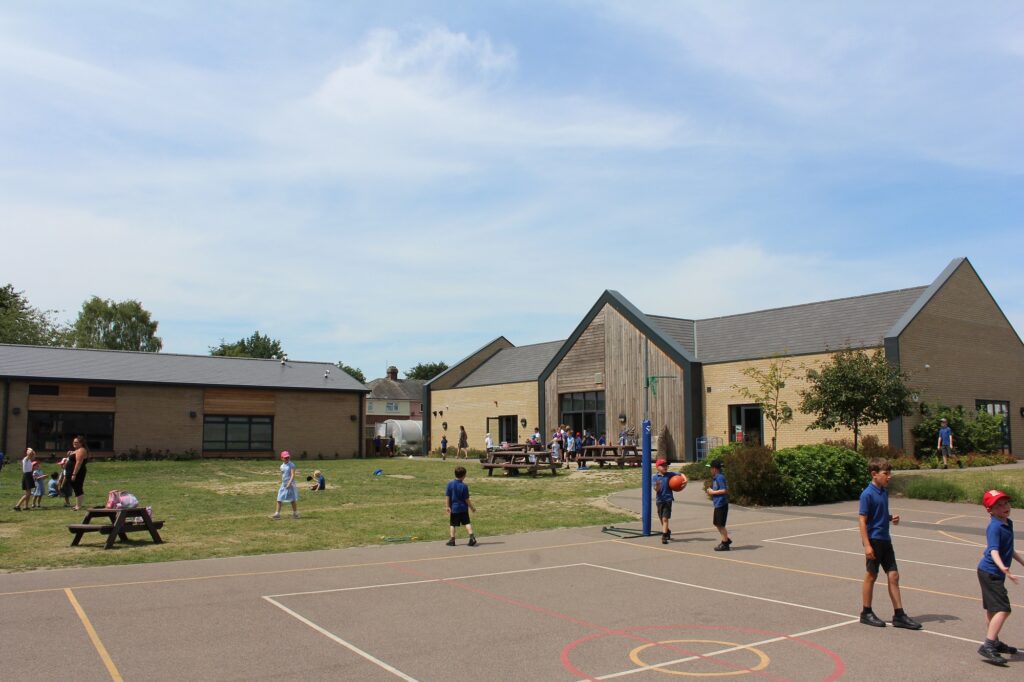
Safeguarding and Wellbeing
At Exning Primary School, we’re proud of the support we offer to children with Special Educational Needs and Disabilities (SEND), helping every child reach their full potential.
At Exning, we recognise the moral and statutory responsibility placed on all staff to safeguard and promote the welfare of all children.
We aim to provide a safe and welcoming environment, underpinned by a culture of openness where both children and adults feel secure to raise concerns, believe they are being listened to, and that appropriate action will be taken to keep them safe.
We also ensure that safeguarding is embedded across our curriculum. It is important that children know how to be safe and what to do if they are worried about their safety.
Our policy applies to all staff, parents, governors, volunteers, visitors and pupils. Our safeguarding policy is available to read here. A hardcopy may be obtained on request from the school office. Our policies reflect Keeping children safe in education (gov.uk)
If you have a concern about safeguarding or would like to chat, please contact Exning Primary School as the first port of call and email: ExningSafeguarding@easterneducationgroup.ac.uk
Quick links
Support for pupils


If you are worried, it is always good to talk to someone you trust, whether that is at home or at school. It’s important to share what’s troubling you.
You can always talk to the adults in school, or contact your teachers via Google Classroom or email. If you’re in KS1, you can tell the Worry Monster in your class your worries. If you’re in KS2, you can use ‘I wish my Teacher knew’ Google Form.
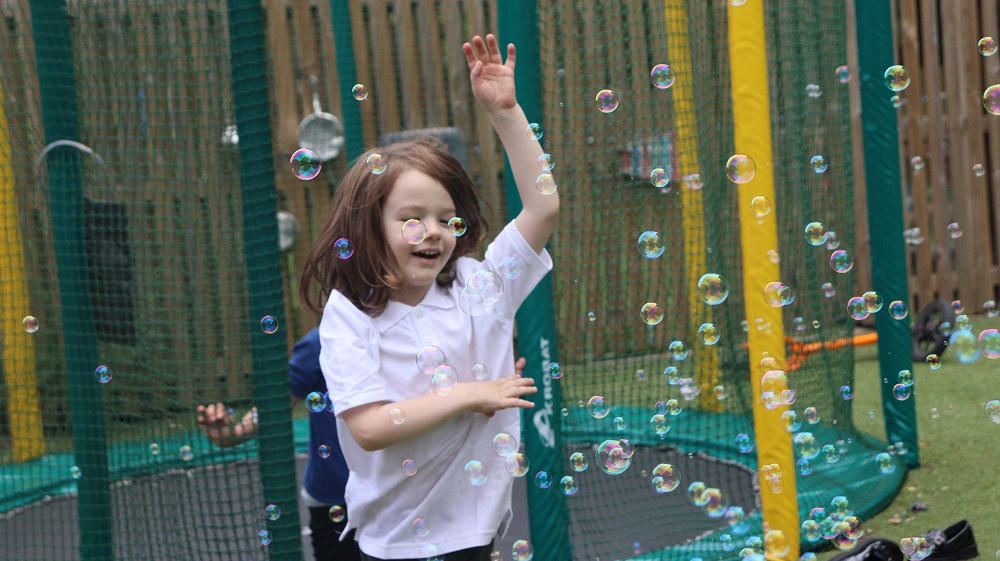
Guided relaxation
Stories about dealing with different feelings and worries
A Vaccination Book
A story book for younger children, explaining what happens when you need to have a vaccination.
Online safety
If you have any concerns or would like some support or advice regarding online safety, please see: Mrs Natasha Warren (Online Safety Lead) and Emma Hardy (Computing Lead).
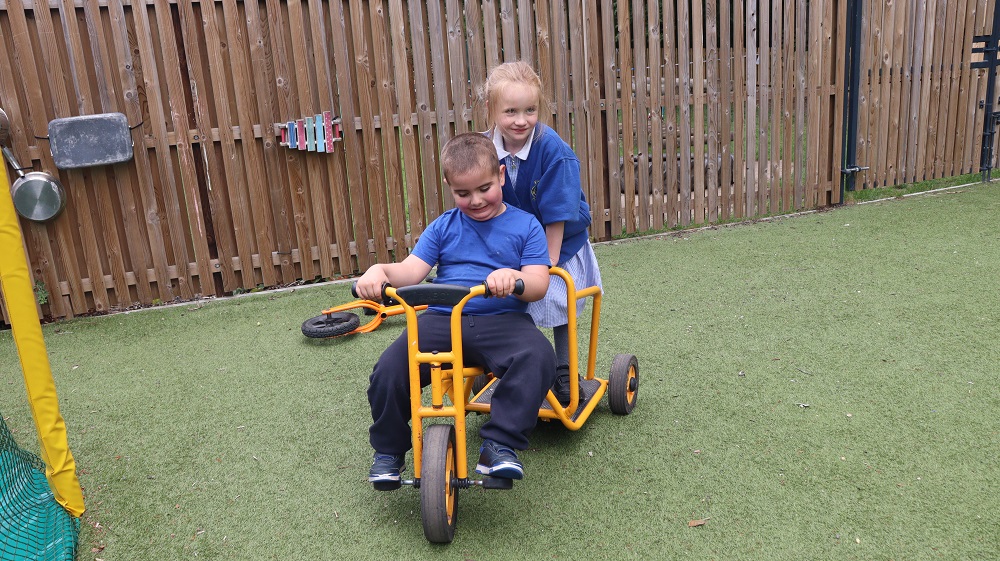
Peer mediation
Peer mediation is a process of resolving conflict between students. It is run by pupils, for pupils. The benefits for the peer mediators include: developing their listening, leadership, problem solving and communication skills; learning how to express feelings and needs and a growth in their confidence and self-esteem. The process of peer mediation also empowers the children because they are able to take responsibility for their own actions.
